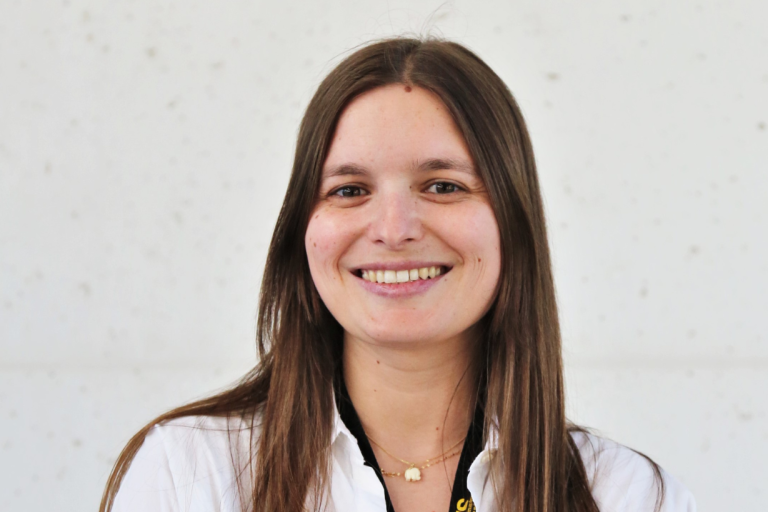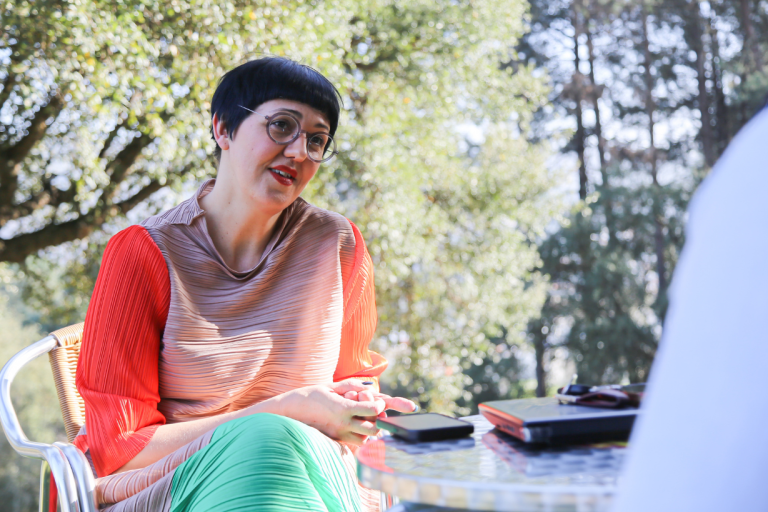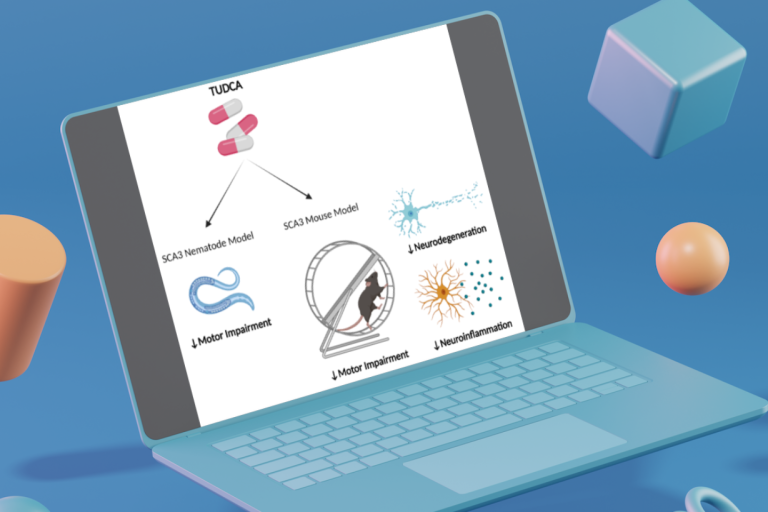ICVS researcher elected to the FENS Committee for Higher Education and Training











Malaria is a life-threatening disease caused by parasites of the genus Plasmodium, transmitted by the bite of infected mosquitoes. The most deadly form of malaria is caused by Plasmodium falciparum, which is responsible for about 95% of all malaria cases…